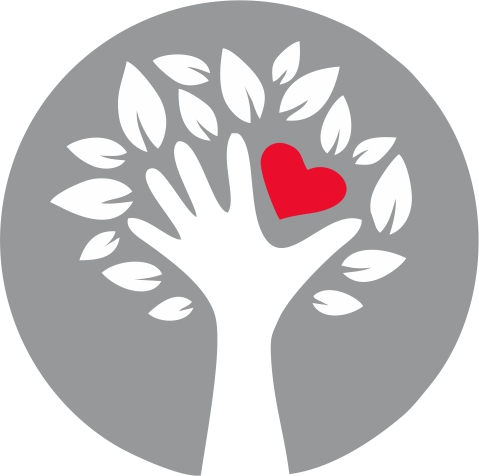In case you missed it, April was Child Abuse Awareness Month. Why should we care about child abuse? Research shows child abuse has a profound impact on mental health and many social problems as children grow into adulthood.
From the National Child Traumatic Stress Network (NCTSN):
“Experts in the field of child behavior believe that physical abuse teaches children to be submissive, fearful, and/or aggressive. It also teaches them that hitting is a way to control other people or solve problems. The attitudes, beliefs, and behaviors that grow out of physical abuse can cause a child to have problems at school, at home, and with friends. Sometimes children who have been hit don’t do well making and keeping friends. They may not trust people in authority. Children may also become fearful of their parents. It can be confusing for children when a parent, the person they depend on and love the most, hurts them in some way. Being hit may make children feel angry, helpless, powerless, hostile, guilty, or ashamed. It may result in their becoming chronically anxious or depressed. All these negative feelings about themselves increase children’s stress levels and only make it harder for them to behave well. With therapy and support, children can overcome the effects of child physical abuse and go on to lead productive lives.”
According to the NCTSN:
The majority of child abuse cases stemmed from situations and conditions that can be preventable when community programs and systems are engaged and supportive. A community that cares about early childhood development, parental support, and maternal mental health, for instance, is more likely to foster nurturing families and healthy children.
Just in case the well-being of our children as outlined above isn’t enough, society as a whole pays a price for child abuse. consider the long-term financial impact of child abuse. The costs for counseling later in life for those who develop mental health problems, increased risk for illnesses that require doctor visits and hospitalizations, increased substance abuse, addressing effects of domestic violence, increased crime rates, and involvement in the criminal justice system, or incarceration. These are all correlated risks when comes to outcomes of child abuse. Reference: https://www.childwelfare.gov/pubpdfs/long_term_consequences.pdf

Recent Comments